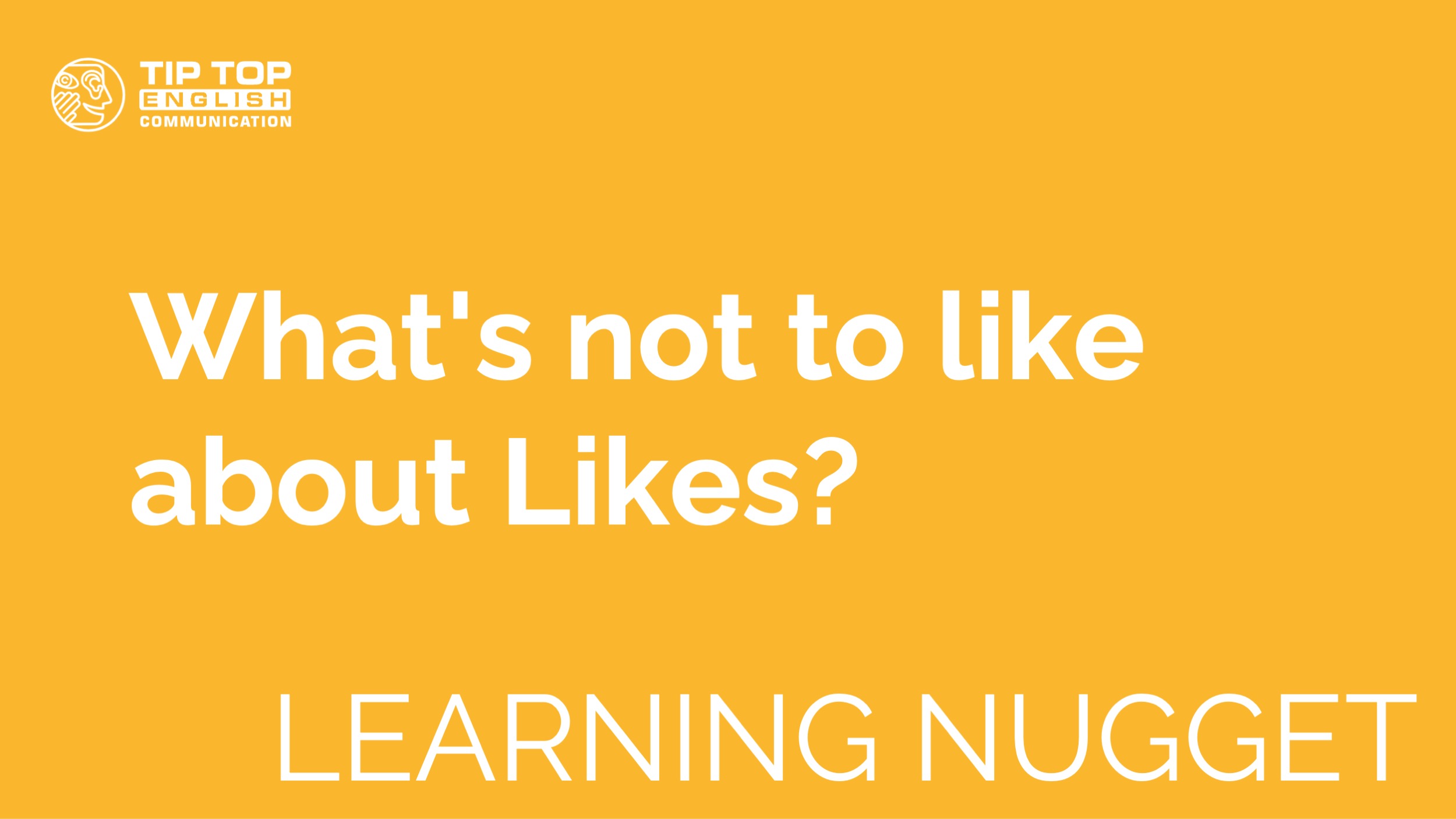What's not to like about Likes?
The ability to Like something online hasn’t been around much more than a decade, but during that time it’s become an everyday aspect of many people’s lives.
We Like photos of friends and family, YouTube videos, news articles, and plenty more. What’s interesting is that every time we do that, we’re participating in a system that’s helped make social media companies some of the richest and most powerful in the world.
Today we explore where Likes came from, how our brains react to getting them, and some effects they’re having on society.
How Likes were born
Facebook wasn’t the first site to introduce a Like button, but there’s no doubt it has done the most to popularize it. Interestingly, Facebook CEO Mark Zuckerberg wasn’t a fan of Likes when team members first brought the idea to him in 2007. He believed that people would comment on and share content less if they could just click a button to show their appreciation.
However, others at the company loved what Likes could do. For example, they could help show what content on the site was most popular and produce valuable data for the ad sales team. After testing showed that using Likes actually made people share posts more, Zuckerberg got on board, and the Like button went live for every Facebook user in 2009.
The feature became wildly popular, and nowadays Like buttons or similar features are the norm on nearly every social media site and hugely important to them. They are used to prioritize what users see, encourage users to continue posting, and also provide useful customer information and metrics to businesses advertising on such sites.
Why we love Likes
As an article from PBS Newshour states, getting a Like activates the same part of the brain „that’s fired up when people gamble [or] enjoy a slice of cake.“ In other words, a Like gives us a quick burst of pleasure that we enjoy and typically want to have again.
That’s why people tend to check quite often how many Likes, shares, and comments their posts get. They don’t want to miss out on too many of those little doses of happiness.
Are Likes actually unlikable?
There are many issues critics see with the power Likes have. For one, the constant desire some people have to check their social media posts for Likes and other interactions can create dependency, anxiety, and a lack of focus, especially in young people whose brains are still in the process of forming.
There are also concerns about how social media companies can use what a person Likes to help businesses target them with ads. Perhaps the biggest possible problem with Likes has to do with how they’ve changed what information many people consume. Since Likes determine what users are most likely to see, articles and posts that inspire strong feelings rather than present evenhanded analysis are much more likely to be read.
For example, a piece expressing one writer’s opinion about how terrible a controversial politician’s speech was is more likely to get a high number of interactions than a piece that simply fact-checked the speech.
This creates incentive for news sites and writers to post sensational articles on social media rather than informative ones, leading to some people consuming lots of opinions and passion but few real facts, which is a problem for democracies that rely on informed populaces to choose their leaders.
More on Likes and see you in September!
We hope something in this brief look at Likes has made you think about them in a new way. If you’re interested in further exploring the topics we touch on above, we recommend reading the three articles we used as our main sources:
- „How removing ‚likes‘ from Instagram could affect our mental health“ by Jamie Leventhal
- „Our minds can be hijacked‚: the tech insiders who fear a smartphone dystopia“ by Paul Lewis
- „A cursed project“: a short history of the Facebook ‚like‘ button“ by Barbara Speed
On another note, like many of you, the Learning Nugget will take a summer break in August. If you really miss us – and as long as this Learning Nugget didn’t make you too scared of social media – you can always find us on Facebook, YouTube, and Instagram.
We’ll see you again in September and wish those taking trips safe travels and many great memories.
Vocabulary
ability – Fähigkeit
decade – Jahrzehnt
plenty more – noch viel mehr
participate in – teilnehmen an
brain – Gehirn
on society – auf die Gesellschaft
introduce – einführen, vorstellen
no doubt – ohne Zweifel
popularize sth. – etwas bekannt machen/ popularisieren
most popular – am beliebtesten, am begehrtesten
valuable data – wertvolle Daten
get on board – mit an Board geholt werden
nowadays – inzwischen, heutzutage
similar feature – ähnliche Funktion
encourage – fördern, unterstützen, ermutigen
provide sth. – etwas bieten / anbieten
fire up – zünden
burst of pleasure – Freudenausbruch
tend to – tendieren zu
comments – Kommentare
miss out – etwas verpassen
critics – Kritiker constant
desire – ständiges Verlangen
dependency – Abhängigkeit
anxiety – Angst, Sorge
lack of focus – fehlender Fokus
concern – Sorge, Anliegen
determine – bestimmen, festlegen
rather than – eher als
evenhanded analysis – unparteiische Analysen
opinion – Meinung, Stellungnahme
controversial politician’s speech – umstrittene Rede eines Politikers
rely on sth. – vertrauen auf etw.
populace – Bevölkerung
a brief look – ein kurzer Einblick, eine kurze Betrachtung
hijack sth./sb. – jemanden/etwas entführen
dystopia – Dystopie (negative Utopie)
cursed project – verfluchtes Projekt
on another note – eine andere Anmerkung
Excite Your Senses

On our YouTube channel, you can follow along as a native speaker reads this month’s Learning Nugget accompanied by music and pictures.
